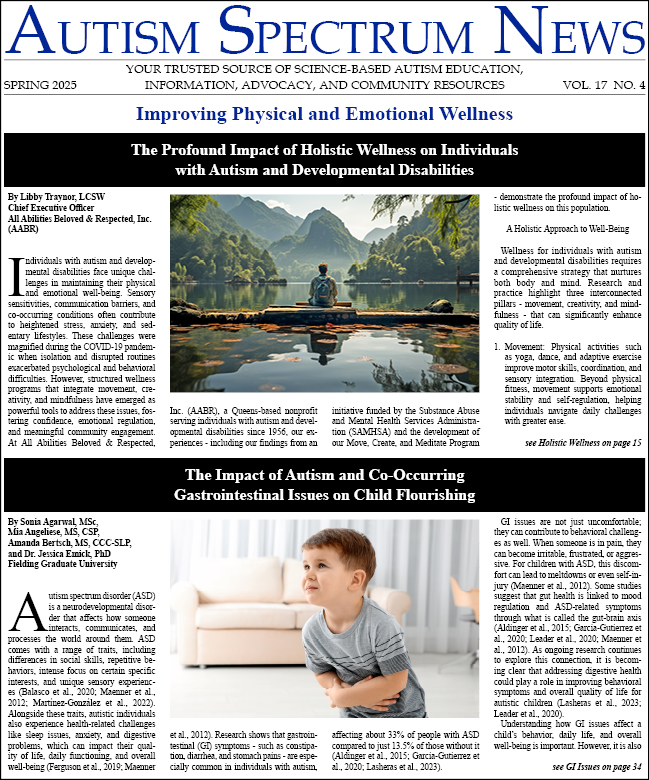College is generally considered the best path to a successful career, but the classes and structure of college can present a daunting challenge to individuals on the spectrum. The description of a “good job” might include factors of salary, stability, and the ability to grow; such jobs are not reserved only for college graduates.
Some of the more stable, high paying jobs are within businesses or organizations that do not require college or at least the traditional college route. Instead, those jobs may require a specific skill or trade, consistency in performance, willingness to work diligently at assignments requiring a different kind of skill and employee. Guidance counselors often are not trained or find themselves in political disagreement with a parent if they recommend anything other than traditional college as the post-secondary option. Also, high schools are given high marks based upon their college entrance rates, so traditional college is generally recommended.
But what are the options? Post-secondary options we consider “stable and typical outcomes” like traditional college are not necessarily stable nor provide the outcome expected. Many students enter traditional college to quickly drop out without a degree. They have failed in the new academic arena not necessarily because they are incapable but because of changes in the support system and environment. Many families are not even told about the post-secondary supports that ACCES/VR can provide through 790x, which are post-secondary, non-academic support services. These services can be used by students in post-secondary education to assist them to organize, prioritize, and plan their academic work. And what is rarely presented to these students while in high school is that there are other types of post-secondary alternatives that are highly technical in their format with significantly better employment outcomes. Schools providing Associates in Occupational Sciences often have significantly higher placement rates with better salaries than students graduating with a BA in Liberal Arts.
During the last year, I have been exploring options that are viable opportunities for qualified students that did not necessarily follow the traditional college route. There were five areas of occupational categories that met the criteria of a “good job.” They can offer individuals on the spectrum even more stability as they are highly structured and have the characteristics of organizational support and structured jobs.
- Federal Jobs – One of the places to look is USAJobs, the website for jobs in the federal government (https://help.usajobs.gov). Looking there does not necessarily ensure that the person would find a job, however, it is a resource for someone to begin the process of putting in their name and resume toward one of the jobs listed. There are jobs for people with and without degrees. There is also a page for individuals with a disability to peruse.
- Civil Service Jobs at State or Local Levels – Both state and local government have what is known as a 55a or 55b waiver that enables someone with a disability to be given access without necessarily meeting the requirements of passing the civil service tests.
- MTA, Long Island Railroad (LIRR) and other municipal jobs – Often considered difficult to access, we consider those organizations to be very fraternal, but with both persistence and new changes in laws these jobs can be accessible.
- Union Jobs – They are still most sought after as they offer higher pay, a unique support system, and better benefits than non-union jobs. One can consider a job within the specific trade of a union, or also consider jobs within the support systems of those union members.
- Utilities – Water Authority, Long Island Power Authority (LIPA – now PSE&G), National Grid, Verizon, Cablevision and other like utilities. They can offer stability, good pay, and excellent benefits.
All of these jobs still require persistence in the pursuit, good career skills (resume, interview, job search, etc.) and a capacity to perform the job. Not all these jobs require a college degree but can provide a “good job” for someone with skills. I am not dismissing or minimizing the value of a college education; I am stating that there are alternatives that can provide a student on the spectrum with opportunities that may have gone unnoticed.
This article was originally published in the spring 2014 issue of the Asperger and High Functioning Autism Association’s (AHA) print publication, On The Spectrum.
Nicholas A. Villani is the President of Career and Employment Options, Inc. (CEO), a consulting service for school districts and an ACCES/VR provider for the Metropolitan Region. He is an adjunct at Dowling College since 1997 teaching Transition Services in Special Education at the graduate level. He has over 32 years of experience in employment services for students and adults with autism. For more information, please visit www.ceoincworks.com.





